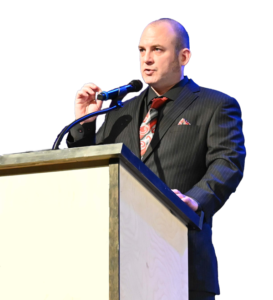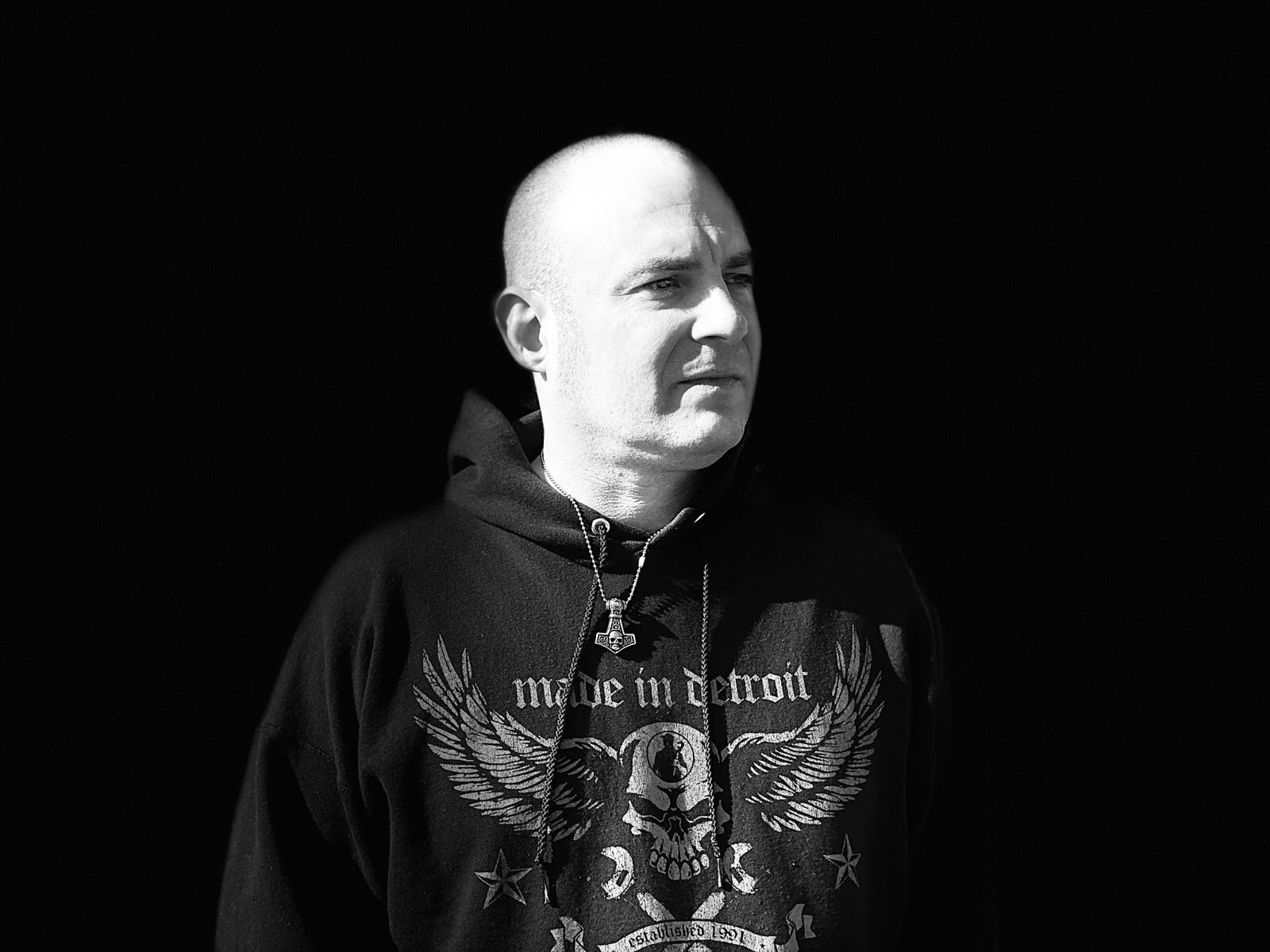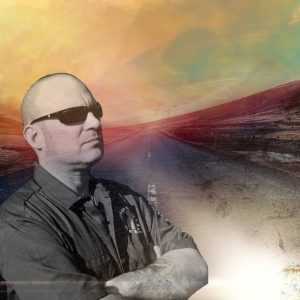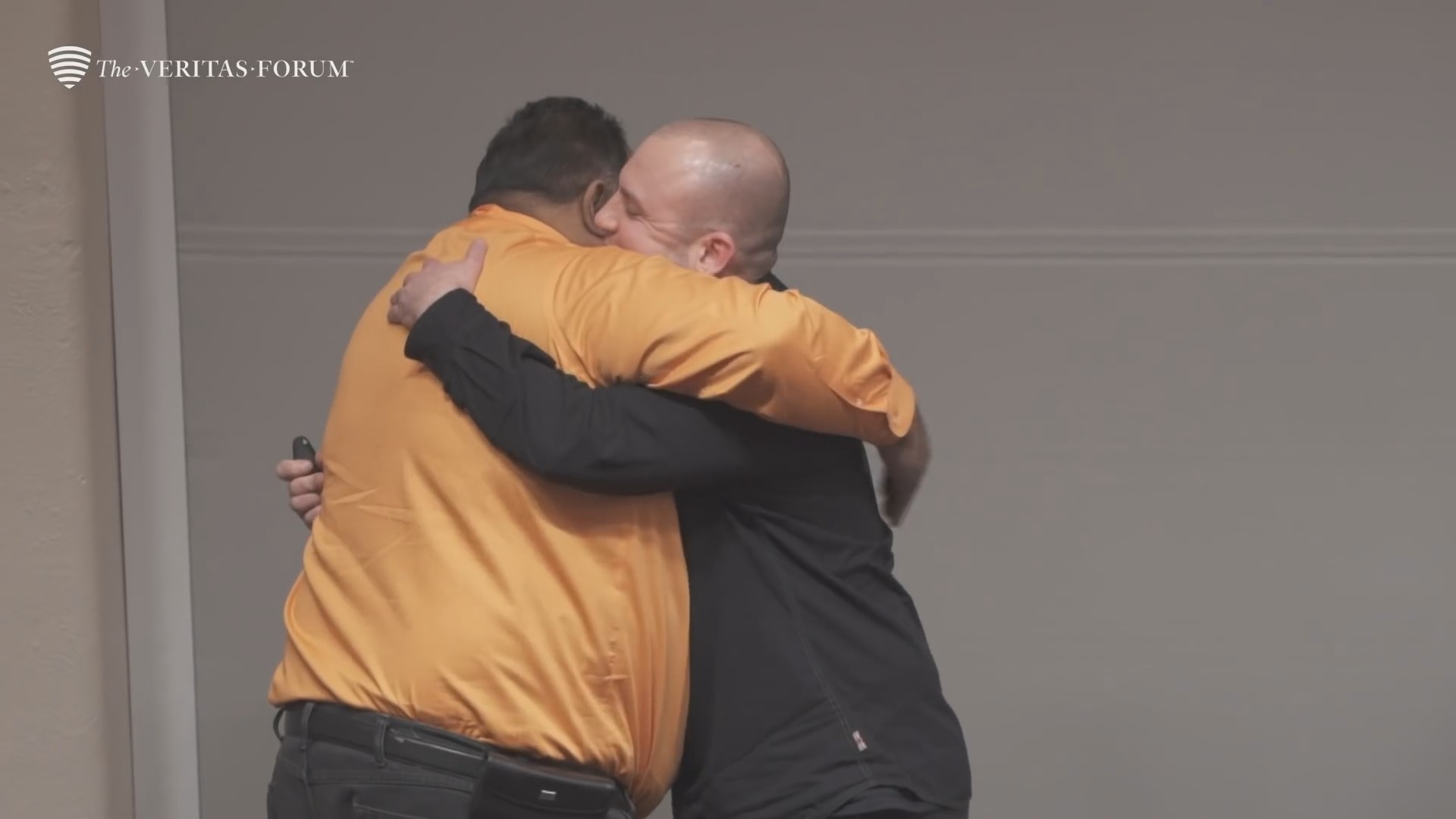Military History Fascination: Jeff Schoep’s Journey of Transformation
The Fascination with Military History
From a very young age, Jeff Schoep developed a fascination with military history, a passion that seemed to be ingrained in his genes. His family lineage included individuals who fought for the Third Reich during World War II. Schoep’s grandfather and great-uncles had experienced the harsh realities of war, with some being severely injured or captured by opposing forces. This familial connection to the past instilled a sense of curiosity within him, driving him to explore the subject further.
The Quest for Knowledge
Schoep’s thirst for knowledge led him to the local library, where he sought refuge from the confines of his small town. In his pursuit of understanding extremist movements, he stumbled upon a book that listed various white nationalist groups, ranging from the Ku Klux Klan to National Socialists. Intrigued, he decided to contact these groups directly, hoping to gain insight from their perspectives.
A Fateful Encounter
In the early 1990s, Schoep crossed paths with members of a Christian Identity organization at the Minnesota State Fair. Although initially presenting themselves as a Christian group, they eventually connected him with the National Socialist American Workers Freedom Movement (NSM), a direct descendant of George Lincoln Rockwell’s American Nazi Party. Schoep found the historical lineage and connection he had been seeking, and he joined the NSM.
Immersion in the Movement
As a member of the NSM, Schoep quickly learned about Rockwell’s recruitment methods and tactics. He was mentored by individuals who had served alongside Rockwell himself, giving him a sense of importance and belonging. For Schoep, his involvement in the movement was not solely driven by hate; he perceived it as a means of defending his “people” or tribe. Over time, he rose through the ranks and eventually became the Commander of the NSM in 1994, playing a pivotal role in its growth.
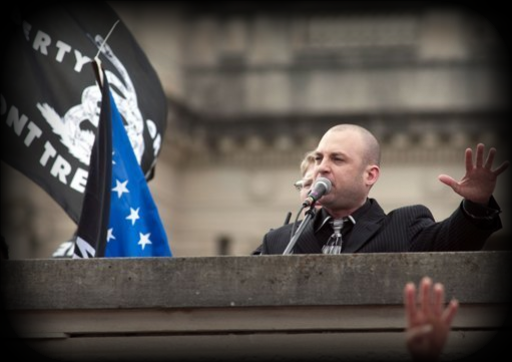
The Power of Recruitment
Schoep emphasizes that recruitment into extremist movements is not limited to individuals from specific backgrounds or circumstances. Contrary to popular belief, anyone can be susceptible to radicalization. Extremist recruiters tailor their tactics to resonate with the individual, addressing their unique concerns or grievances. Whether it be race, history, politics, or religion, recruiters adapt their narratives to appeal to potential recruits. Music, books, movies, and video games also played a role in attracting new members to the movement. The NSM even established a Youth Corps, reminiscent of the Nazi’s Hitler Youth, which some parents viewed as a way to keep their teenagers away from negative influences.
A Journey of Self-Reflection
After two decades immersed in the white nationalist movement, Schoep reached a turning point in his life. The arc of his story, both into and out of extremism, is a complex and multifaceted one. However, his main takeaway from disengagement is the critical importance of approaching extremists with understanding and an open mind. Schoep acknowledges that neither the movement nor mainstream society offered true camaraderie or compassion. It was through encountering open-minded individuals and engaging in deep introspection that he was able to break free from the narratives that once consumed him.

The Path to Deradicalization
Jeff Schoep’s journey towards deradicalization didn’t result from a sudden transformation, but instead unfolded as a gradual process over several years. A series of significant events and encounters started this process, challenging his beliefs and prompting a reevaluation of his ideology.
A face-to-face meeting with Daryl Davis, an African American musician, and activist known for his work in befriending Ku Klux Klan members and persuading them to renounce their racist beliefs, became a pivotal moment. Davis’s strategy of engaging in dialogue and building relationships with those he disagreed with resonated with Schoep. This meeting ignited a spark of doubt within Schoep, sowing the seeds of change.
The birth of his daughter also influenced Schoep’s change in perspective. His newfound parenthood prompted him to reflect on the kind of world he wished to build for his child, leading him to the realization that his involvement in the white nationalist movement conflicted with the values he hoped to teach her.
Moreover, Schoep met individuals who offered him compassion and understanding, despite his past affiliations. Their actions showcased human potential for change and growth, opposing his former belief of a hate-divided, irredeemable world.
By engaging in self-reflection and exposing himself to alternative perspectives, Schoep started questioning the narratives he had once passionately embraced. He acknowledged the damage wrought by extremist ideologies and the necessity to liberate himself from the cycle of hate.
Embracing Reconciliation and Education
As Schoep distanced himself from the white nationalist movement, he actively sought opportunities to promote peace, understanding, and reconciliation. He engaged in conversations with individuals from diverse backgrounds, including those he had once viewed as enemies. These interactions allowed him to humanize and empathize with people he had previously vilified.
Schoep also recognized the importance of education as a tool to combat extremism. He dedicated himself to learning about different cultures, histories, and perspectives. By broadening his knowledge and understanding, he discovered the richness and diversity of the world, eroding the simplistic and divisive worldview he had once held.
An Advocate for Positive Change
Today, Jeff Schoep is an advocate for positive change and works to prevent others from falling into the trap of extremism. He shares his personal journey and insights with others, hoping to create awareness about the dangers of radicalization and the potential for redemption.
Schoep’s story serves as a reminder that individuals can change, grow, and break free from the grip of extremist ideologies. It underscores the significance of dialogue, empathy, and education in countering hate and building a more inclusive society.
By recounting his experiences and lessons learned, Schoep aims to inspire others to question their beliefs, engage in productive conversations, and strive for understanding. He serves as a testament to the power of personal transformation and the potential for individuals to transcend their past and contribute positively to the world.
In conclusion, Jeff Schoep’s decision to renounce his white nationalist beliefs and dedicate himself to promoting peace and understanding stands as a powerful example of personal growth and redemption. His journey highlights the importance of empathy, education, and dialogue in countering extremism and fostering a more harmonious society.
This article was featured in Ctrl+Alt+Del-Hate Issue 01


